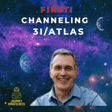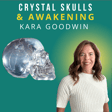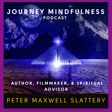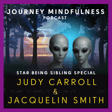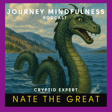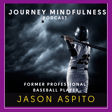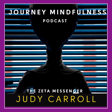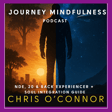
Ann Sarnoff on Leading Warner Bros, Taking Risks & Redefining Success Through Mindfulness
On this episode of the Journey Mindfulness Podcast we speak with a trailblazer who’s redefined entertainment for a global audience—Ann Sarnoff. With over three decades steering iconic brands like Warner Bros., the BBC, Viacom, Nickelodeon, VH1 & CMT, the WNBA, and Dow Jones Ventures, Sarnoff made history as the first woman to lead a major movie, TV, and gaming studio. From catapulting HBO Max (now MAX) to new heights, to reimagining DC Comics and Harry Potter for a new era, she’s sparked creativity, shattered silos, and driven billions in revenue—all while navigating a seismic shifts in how we consume media. Buckle up for a front-row seat to her journey, from the boardrooms of PayPal, Cineworld Group, & WTA Ventures to helping to lead WarnerMedia’s $35 billion empire. This is part of Ann Sarnoff’s story—and it’s one you won’t want to miss.
Some topics we go into are leadership in sports and life, betting on yourself, taking risks, dancing with uncertainty, decisiveness, working with failure, non-attachment to outcome, & expanding and harnessing the power of our imagination and creativity.
If you find value in this podcast/content please like, subscribe, share, and comment, thank you:)!
***
To learn more about James, Journey Mindfulness
https://journeymindfulness.com/
***
Free Warrior Spirit Guided Meditation:
https://www.journeymindfulness.com/warrior_spirit_meditation
***
Mindfulness Based Stress Reduction 8 Week Online Course
(Self-Guided):
https://www.journeymindfulness.com/MBSR
***
Guided Self-Hypnosis to Conquer Fear & Doubt (digital download)
https://www.journeymindfulness.com/hypnosis
***
Socials:
YouTube: https://www.youtube.com/@Journey_Mindfulness
Instagram: https://www.instagram.com/mindfulbmore/
Twitter (X): https://x.com/MindfulBmore
Facebook: https://www.facebook.com/MindfulBmore/
Have an interesting story? Contact me and you might be a guest on the show.
DISCLAIMER: This show is for entertainment purposes only, not intended to replace medical advice. Please seek licensed medical professionals for help & guidance.
